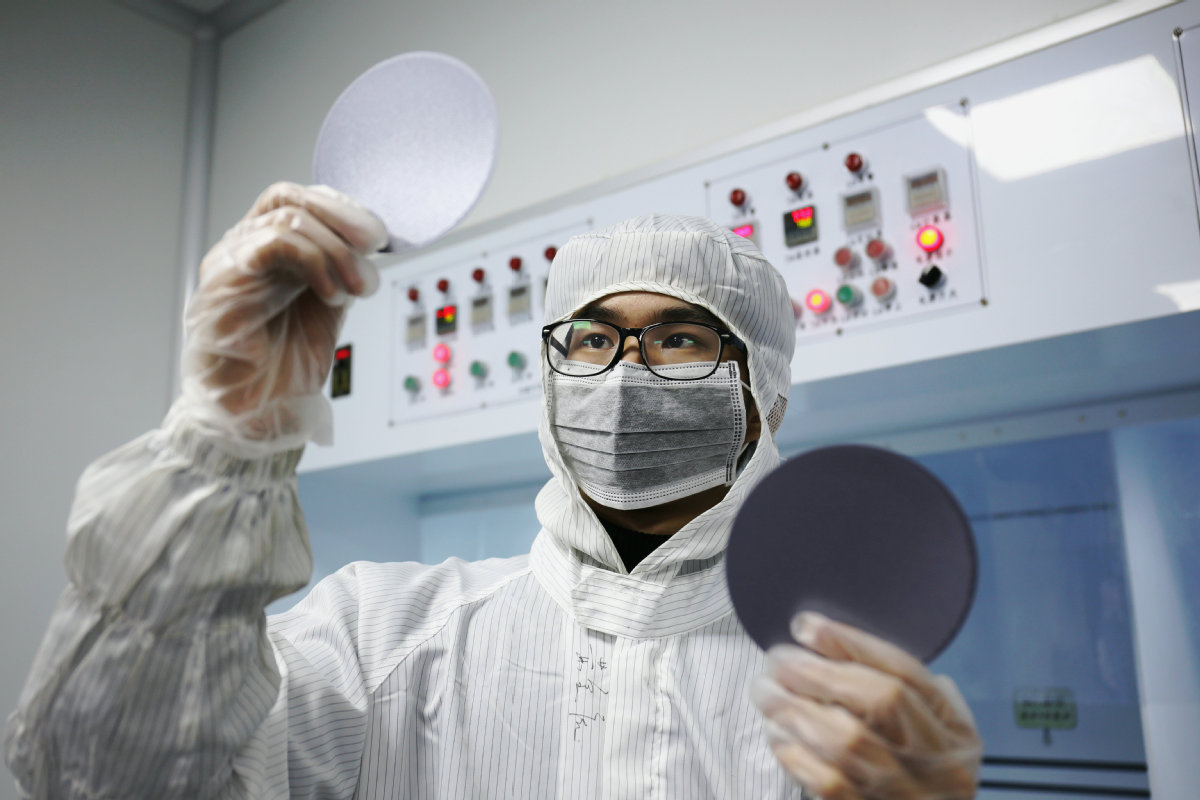Global auto chip crisis to worsen from Q2


Carmakers grappling with chip crisis will suffer even more in coming months before the shortages will be alleviated towards the end of the year, warned trade association officials and carmakers.
The lingering chip crisis which started in late 2020 has cut the production of many carmakers around the world, but the situation will get even worse in the second and third quarter this year.
Chen Shihua, a deputy secretary-general of the China Association of Automobile Manufacturers, said chip shortages will be alleviated in the fourth quarter this year, but abundant supplies will not be available until early 2022.
Chen made the remarks after the association released car production and sales figures in China on Tuesday. Some carmakers including Nio and Great Wall Motors were forced to adjust production plans earlier this year.
Volkswagen Group China CEO Stephan Woellenstein warned in late April that its production will be affected deeper in May and June than in the first quarter, without giving an estimate.
Japan's third largest carmaker Nissan is planning to cut its production by half a million vehicles because of the chip crisis.
"The impact we foresee as of speaking is about 500,000 units in terms of the production this year," said CEO Makoto Uchida on Thursday.
An executive of German auto supplier Continental said the situation in coming months will be worse, as the supplies supposed to be allocated for later months had been moved into the first quarter to meet the growing demand for vehicles.
Because of an inadequate production capacity as well as natural disasters including the snowstorm in the United States earlier this year, there is no quick fix to the chip crisis.
Toyota is less affected compared with its rivals. The Japanese carmaker exceeded its sales targets this financial year and expects to sell even more vehicles in the next 12 months, thanks to lessons it learnt from the 2011 earthquake and tsunami in Japan.
"Toyota was the first automaker to adjust its supply chain management system from a purely 'just-in-time' model to a hybrid model where it stockpiles more of the critical components such as semiconductors," said Joshua Cobb, an auto analyst at Fitch Solutions.
German auto giants Volkswagen, BMW and Daimler, and US carmaker General Motors, have all recently announced that they will change their supply and stockpiling systems to build up more reserves.
- Stocks sink again on Wall Street as inflation worries mount
- US' ill-willed moves against Huawei harm itself and global supply chains: China Daily editorial
- GM expecting large profits, says it's managing chip shortage
- Smartphone rivalries boil as 5G lures buyers
- China crucial to Japanese carmakers' recovery, says Fitch




































